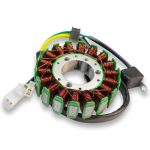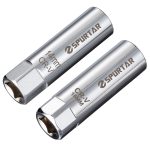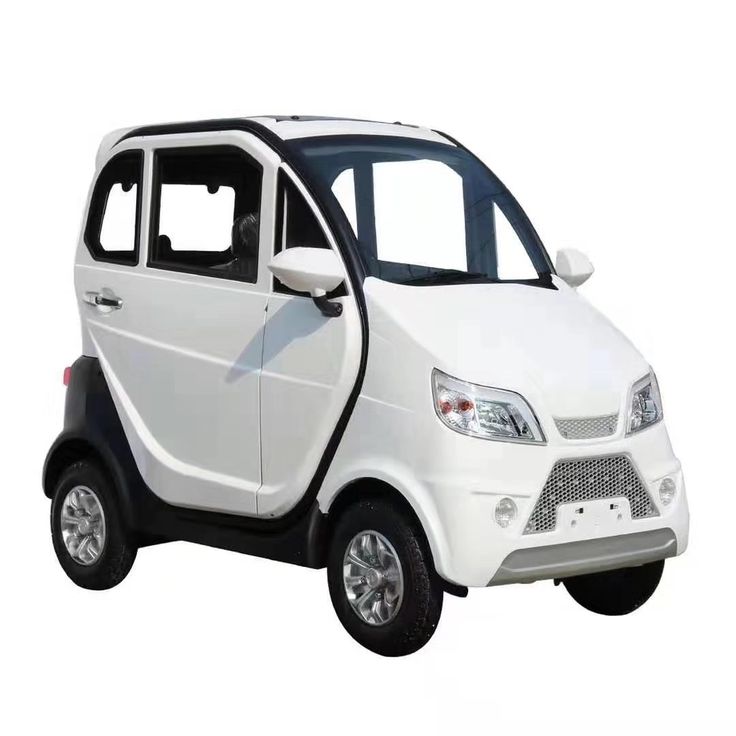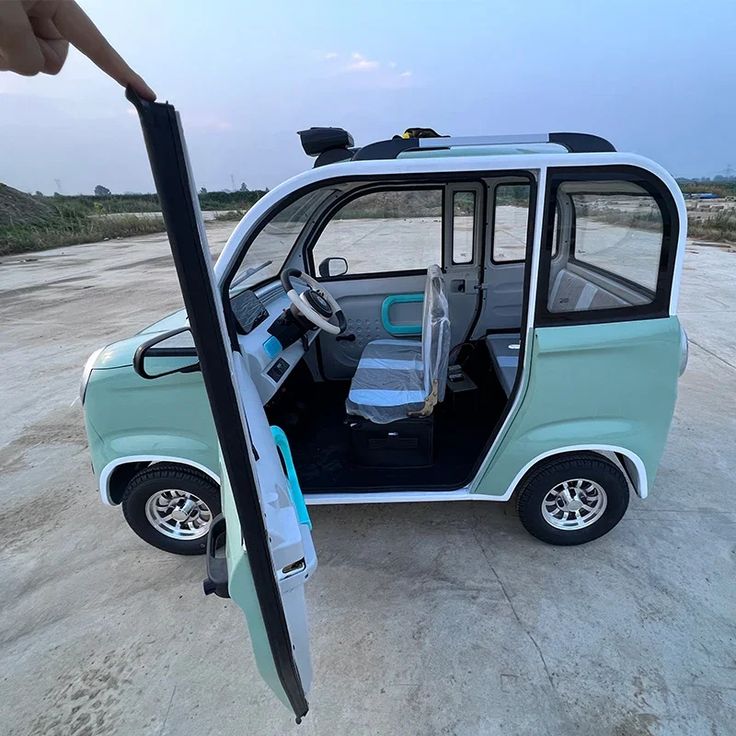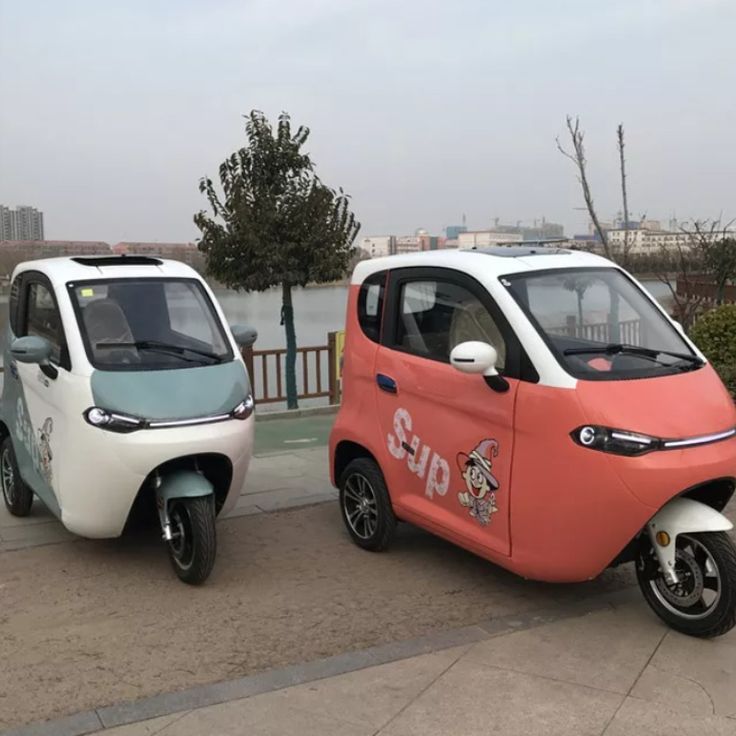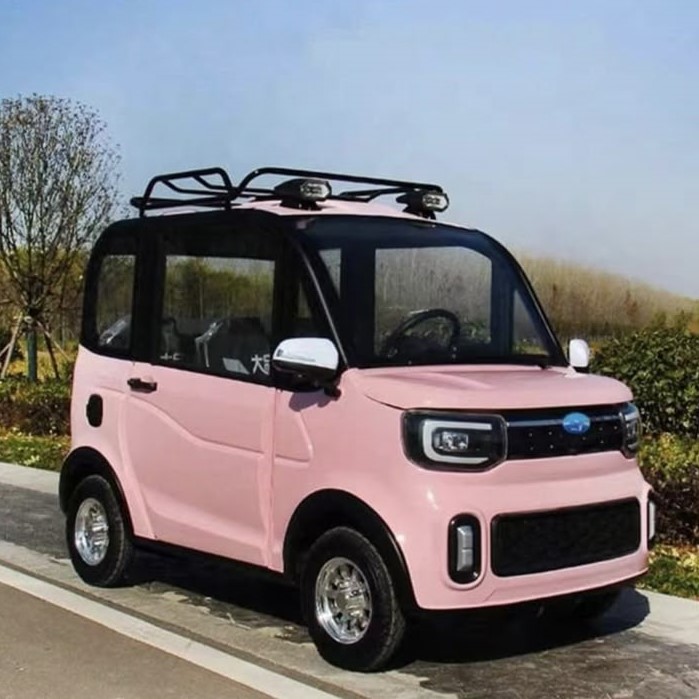Introduction
As sustainability becomes increasingly important in today’s world, more people are looking for eco-friendly transportation options. The smallest electric car emerges as a popular choice, especially for city dwellers and those looking to reduce their carbon footprint. Compact yet efficient, these cars offer convenience and flexibility in navigating crowded streets while providing the benefits of electric mobility.
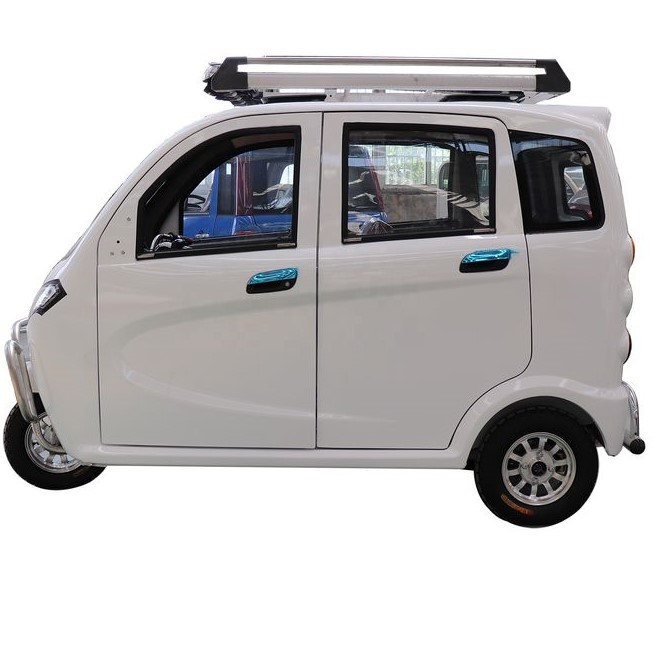
In this article, we will investigate whether the smallest electric car is the right choice for your lifestyle. We will explore the advantages of these vehicles, discuss the top models available on the market, and help you determine if a small electric car meets your driving needs. Additionally, we’ll cover insights on the cheapest options among small electric vehicles, ensuring you can make a budget-friendly choice.
Benefits of Choosing the Smallest Electric Car
1. Space Efficiency
One of the most notable advantages of the smallest electric cars is their compact size. These vehicles are designed to maximize space efficiency, making them especially suitable for urban environments.
- Perfect for City Driving: In densely populated areas, parking space can be a significant challenge. Small electric cars can easily slip into tight spots that larger vehicles cannot access, making city life more convenient.
- Agility in Traffic: Navigating through heavy traffic is much easier with a smaller vehicle. Drivers can maneuver around obstacles and respond to traffic patterns more effectively.
2. Environmental Impact
Electric vehicles, in general, encourage a cleaner environment, and the smallest electric cars are no exception.
- Reduced Emissions: Transitioning to an electric vehicle means significantly lower greenhouse gas emissions compared to traditional gas-powered cars. Using a compact electric car contributes to improved air quality and reduced pollution levels in urban settings.
- Sustainability: Many manufacturers prioritize eco-friendly materials and production processes when creating small electric cars. This focus on sustainability helps reinforce the eco-conscious values that many buyers hold dear.
3. Cost-Effectiveness
Buying a small electric car can be a financially savvy choice, especially when taking into consideration long-term savings.
- Lower Day-to-Day Costs: Electric vehicles often incur lower maintenance costs. They also benefit from reduced fueling costs, as charging an electric vehicle is generally cheaper than purchasing gasoline.
- Government Incentives: Many states and countries offer tax credits, rebates, and other incentives for electric vehicle purchases. These financial benefits can lower your overall cost and enhance the affordability of selecting a small electric car.
4. Battery Efficiency
Small electric cars often come equipped with smaller batteries, leading to a reduced concern about battery maintenance and replacement.
- Adequate Range for Daily Needs: While you might think that smaller cars have reduced range, many are designed with this in mind. A small electric vehicle generally offers enough range for daily commutes and short errands, making them ideal for city environments.
- Faster Charging: The smaller battery capacity typically means that charging times are shorter. Drivers can benefit from quick plug-in sessions, making it easier to recharge at home or work.
5. Versatile Daily Use
Small electric cars are not only functional but also versatile for various driving needs.
- Perfect for Short Trips: If you frequently run errands or commute short distances, a small electric vehicle is well-suited for your lifestyle. These cars excel in urban environments while providing an efficient way to travel.
- Ideal as a Secondary Vehicle: For families, a small electric vehicle can act as a perfect secondary vehicle for adults or older children who need a car for meetings, school, or social engagements.
What Are the Smallest Electric Cars Available?
1. Smart EQ Fortwo
- Overview: The Smart EQ Fortwo is recognized as one of the smallest electric cars on the market. Its ingenious design allows for effortless parking and impressive handling.
- Specifications: This micro-coupe has a range of around 68 miles and can fit exceptionally well into cramped city spaces. Its compact size and agility make it perfect for urban driving.
- Advantages: The EQ Fortwo combines practicality with flair. It provides a stylish choice for those who prioritize convenience and efficient city travel.
2. Fiat 500 Electric
- Overview: The Fiat 500 Electric combines classic style with modern electric performance. This iconic vehicle is perfectly sized for urban commuting.
- Specifications: Depending on the battery option chosen, the Fiat 500 Electric offers a range of up to 199 miles. This makes it a viable option for drivers who occasionally venture beyond city limits.
- Advantages: The Fiat 500 Electric is known for its fun personality and has multiple customization options, appealing to a design-conscious audience.
3. Renault Zoe
- Overview: As one of Europe’s best-selling electric cars, the Renault Zoe delivers a practical and contemporary driving experience with an ample quality-of-life factor.
- Specifications: It boasts a range of up to 245 miles, which is impressive for a small vehicle. This makes it suitable for daily commuting and weekend trips without frequent charging.
- Advantages: The spacious interior contrasts with its compact exterior, providing comfort for passengers and items alike. It’s also packed with advanced safety features and technology, making it a reliable option.
4. Mini Electric (Mini Cooper SE)
- Overview: The Mini Electric offers the fun driving experience associated with the Mini brand but in an electric package. It embodies the spirit of compactness while retaining character.
- Specifications: The Mini Electric provides approximately 110 miles of range, ideal for navigating the city.
- Advantages: With its zippy performance and sharp handling, the Mini Electric offers an engaging drive while remaining environmentally friendly.
What Is the Cheapest EV Small Car?
1. Nissan Leaf
- Overview: The Nissan Leaf is widely recognized for its affordability in the electric vehicle segment. This compact car is designed with practicality in mind.
- Specifications: The Leaf can travel up to 226 miles on a full charge, making it one of the more versatile options for small electric vehicles.
- Advantages: With its user-friendly features and advanced safety technology, the Nissan Leaf appeals to a wide range of drivers, making it a favorite in the electric car market.
2. Hyundai Kona Electric
- Overview: The Hyundai Kona Electric combines performance, efficiency, and technology at a competitive price point.
- Specifications: It offers an impressive range of up to 258 miles, which makes it an excellent choice for those who need versatility in driving.
- Advantages: Beyond range, the Kona Electric is known for its spaciousness and modern design, making it an attractive choice for families and individuals alike.
3. Chevrolet Bolt EV
- Overview: The Chevrolet Bolt EV is another strong contender in terms of value in electric vehicles. It offers spaciousness and a great driving experience at a lower price point.
- Specifications: With a range of about 259 miles, the Bolt EV is competitive among its peers in small electric cars.
- Advantages: The Bolt EV is appreciated for its roomy interior and convenience features, meeting the needs of modern drivers without compromising on space or comfort.
Evaluating Your Needs
When considering purchasing the smallest electric car, it’s essential to evaluate your unique needs and preferences.
Key Questions to Consider
Daily Driving Habits
- Assess Typical Distance: Begin by evaluating your daily commuting distance. Take note of how far you travel for work, errands, or leisure activities. If your regular trips are short, a compact electric car may be suitable for your needs.
- Consider Driving Environment: Think about the environments in which you typically drive. If you primarily drive in urban settings with frequent stop-and-go traffic, a smaller electric vehicle can offer agility and easy maneuverability.
- Evaluate Occasional Longer Trips: Reflect on any occasional longer trips you might take. Determine whether the compact electric car can meet these needs, including range requirements for longer drives without frequent charging.
- Understanding Charging Availability: Consider the availability of charging stations along your daily routes. If charging facilities are scarce, this can affect your decision. On the other hand, if you have convenient access to charging at home or work, it may alleviate range concerns.
Preferred Features
- Identify Essential Features: Make a list of features that you consider essential in an electric car. This could involve aspects such as the type of infotainment system, safety features, or storage capacity.
- Prioritize Range: Evaluate how important range is to your driving habits. If you regularly make longer trips, you might want a compact electric vehicle that offers a longer range per charge.
- Technology and Connectivity: Determine if you want advanced tech features in your vehicle. Consider elements like smartphone integration, navigation systems, and automated driving capabilities that enhance your driving experience.
- Design Preferences: Reflect on your aesthetic preferences. Think about whether you prefer a sleek, modern design or a more classic look. The appearance of the car can influence your connection to it.
- Emphasis on Efficiency: Assess how important energy efficiency is to you. Some drivers prioritize low energy consumption, even at the expense of other features. If this is critical for your choice, look for vehicles designed for efficient energy use.
Budget
- Establish a Comprehensive Budget: When planning your budget, start by setting a clear overall amount you are willing to spend on the electric vehicle itself.
- Include Purchase Price: Factor in the purchase price of the electric car. Consider whether you are buying new, used, or leasing, as this affects total expenditure.
- Account for Charging Costs: Include estimates of how much you will spend on charging. This can vary depending on energy rates in your area and how often you drive. Charging at home is typically cheaper than using public charging stations.
- Maintenance Expenses: Plan for ongoing maintenance costs. While electric cars tend to require less maintenance than gas vehicles, there are still costs involved, such as tire replacement and battery checks.
- Insurance Costs: Don’t forget to include insurance in your budget. Researching insurance rates for electric vehicles is wise, as they can vary based on the make/model and your driving history.
- Government Incentives: Lastly, explore any potential government incentives or rebates available for purchasing an electric vehicle. These can help reduce your overall costs and should be factored into your budget considerations.
Conclusion
In summary, the smallest electric car can provide significant advantages for urban drivers and environmentally conscious consumers. With benefits such as agility, ease of parking, lower operating costs, and eco-friendliness, compact electric vehicles make a compelling case for consideration.
By carefully evaluating your needs and reviewing the best models available, you can determine if a small electric car fits your lifestyle. Whether you’re leaning towards options like the Smart EQ Fortwo, the Fiat 500 Electric, or the Nissan Leaf, you have a range of choices to explore.
Ultimately, making the switch to a small electric vehicle can contribute to a more sustainable future while meeting your convenience and driving preferences. Embrace the opportunity to explore smaller electric cars—they just might be the perfect addition to your daily life!
